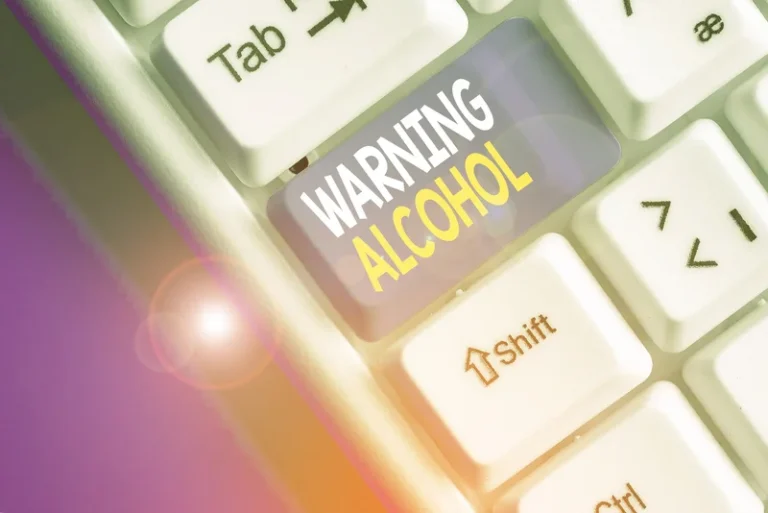Alcohol Withdrawal Seizure가 금주 후 24~48시간 후 발생하는 이유
Microsoft Innovations: Empowering the Mobile Experience
2 Gennaio 2020
Accordingly, the combinatory intake of clomethiazole and ethanol should be avoided due to its possible life‐threatening effects. Anticonvulsant medications, such as carbamazepine or valproic acid, can be used to reduce the risk of seizures during alcohol withdrawal. Seizure prevention is a key focus of medical detox programs, which use evidence-based methods to Alcohol Use Disorder manage withdrawal symptoms.

What Are Seizures?
- Learners were assessed both by the instructor with immediate feedback, as well as by using Google forms to tie critical actions to Emergency Medicine Milestones.
- You’ll meet hundreds of fellow Reframers in our 24/7 Forum chat and daily Zoom check-in meetings.
- By avoiding heavy and binge drinking, individuals can significantly reduce their risk of experiencing seizures related to alcohol withdrawal.
- Alcohol dependence occurs after a period of consistent drinking or frequent binge drinking.
- That’s why it’s important to do an alcohol detox under medical supervision at an addiction treatment center.
- Abrupt cessation of prolonged alcohol consumption unmasks these changes, leading to the alcohol withdrawal syndrome, which includes blackouts, tremors, muscular rigidity, delirium tremens, and seizures (5,6).
Despite its legal status and cultural acceptance, it is a serious psychoactive substance that can profoundly affect your health. Alcohol can be dangerous to abuse, but it can also be dangerous to quit too quickly. If you’ve been drinking heavily for a time and then quit cold turkey, you may experience some of the most dangerous withdrawal symptoms of any substance. Alcohol withdrawal can include dangerous symptoms like seizures, alcohol withdrawal seizure which can come on suddenly and lead to serious consequences. Most people with a seizure disorder (epilepsy) can drink small amounts of alcohol occasionally without experiencing an increase in seizure activity. Small amounts of alcohol do not change the blood levels of anti-seizure drugs.
Can a person die from an alcohol-related seizure?

Early intervention and evidence-based treatment are crucial for ensuring safety and achieving long-term recovery. Alcohol withdrawal seizures are convulsions that occur as a result of the brain’s reaction to the absence of alcohol. Chronic alcohol consumption alters the balance of neurotransmitters in the brain, suppressing its excitatory functions while https://ecosoberhouse.com/ enhancing inhibitory mechanisms. When alcohol is abruptly removed, the brain becomes hyperactive due to the sudden loss of the inhibitory effects of alcohol, leading to seizures. Our brain adjusts to the depressant effects of alcohol over time, and when we stop drinking, our brain can go into overdrive, increasing the risk of seizures.
Results:
The periaqueductal gray is thought to trigger clonic seizures, whereas the pontine reticular formation is implicated in the generation of the tonic phase of audiogenic seizures (18). Some evidence suggests that the IC plays a role in alcohol withdrawal seizures in humans, as it does in rodents. Thus, humans with alcohol withdrawal seizures exhibit abnormalities in auditory-evoked potentials that are not observed in other settings, including increased latency to wave V (19,20), whose major source is the IC (21). People with epilepsy should consult their doctor before using alcohol, as alcohol can affect epilepsy medications. Alcohol use can also trigger seizures in people with epilepsy if withdrawal symptoms begin to occur.
Alcohol withdrawal can last for five to 10 days, but alcohol cravings and compulsions to use may continue for a long time. Even if you are no longer dependent on alcohol, you may have a compulsion to drink that’s hard to control. The dangerous withdrawal symptoms that are more likely through kindling include seizures, heart problems, and death.

